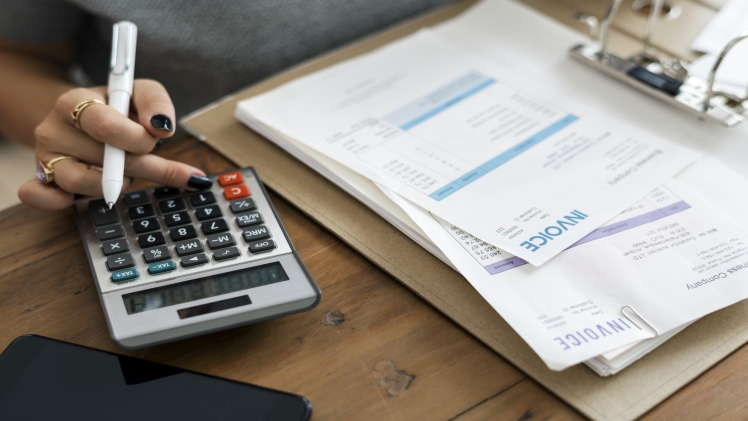Keep a record of your spending. Unfortunately, most people avoid keeping track of their costs because they perceive it as an extraordinarily monotonous and laborious chore. And not only costs, but when you spend with a card you can make payments and get cashback. With some of the best cashback card Singapore, you will know if you have received the rewards and where the money is, dissimilar to when you use cash to pay
People will offer evasive responses when asked how much they spent on business expenses in the previous year. If handling money were that easy, everyone would already have a perfect budget.
You need to keep track of your costs immediately if you don’t know where your money is going. Along with aiding your awareness, it also has the other advantages listed below:
1. Track Outgoings.
With the advent of online shopping, it is simpler than ever to make careless and unnecessary purchases. Unfortunately, most of us have a hazy understanding of our money. However, you can see an accurate picture if you have an expense management tracker, and in a few minutes each day, you would have to log in your transactions and know exactly where your money is going.
2. Reduce Frivolous Spends
You’ll get an idea of where you are overspending if you keep track of your expenses. You’ll be able to recognize the unnecessary spending you engage in, which will eventually assist you in developing the habit of thinking twice before using your credit card to make a purchase.
3. Establish better budgeting
The majority of people begin budgeting without understanding their spending patterns. In such situations, people make unrealistic budgets for themselves, and when they find themselves unable to adhere to them, they become stressed and conclude that budgeting is illogical.
To construct a wise and sustainable budget, you must first understand your spending habits. You can only make minor sacrifices in desirable areas to create a realistic budget. However, if you make a budget while considering your current behavioral habits, you will likely stick to it.
4. Set spending priorities.
You can prioritize your expenses if you keep track of your spending and understand where your money is going because you will know at that point whether you are achieving financial independence.
5. Minimize impulsive purchases
What is buying on impulse? Impulsive purchasing is the propensity for someone to make an unplanned purchase. When you make impulsive purchases, your motivation is from your feelings and emotions.
But if you monitor your expenditures, you’ll realize that financial stability comes first. As a result, you should stop for a minute and take a moment to consider the impact of the purchase on your entire financial situation. Additionally, this break will cut down on your impulsive purchasing.
6. Find strategies to increase your savings.
The benefit of keeping track of your spending is that you may identify and cut back on unnecessary expenditures. When someone starts keeping track of their expenditures, they frequently find a few areas where they overspend without even realizing it. You can increase your overall savings by identifying these areas and reducing them.

